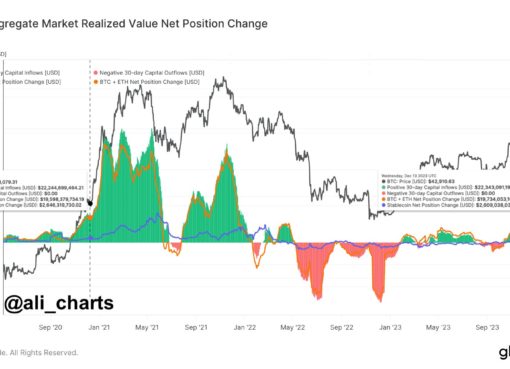Bitcoin’s hash rate has tumbled about 40% on September 23, which is a record. The crash remains unexplained and surprising, given that the hash rate used to move upwards and update the record high again and again.
Bitcoin’s (BTC) network hash rate dipped a record 40% on Sept. 23, that pretty much shook the network.
Data from Coin.dance shows that the network’s hash rate fell from over 98,000,000 TH/S to 57,700,000 TH/s. Bitcoin’s hash rate has however recovered back to almost 92,800.000 TH/s but it’s still well below its earlier records.
The flash drop is actually unexplained and even more surprising if we consider the fact that the Bitcoin network’s had a record-breaking string of new all-time high hash rate whet it had passed a record 102 quintillion hashes in a historic milestone. Also, we mentioned that since December 2018, the hash rate has been rising from its recent low of 31 quintillion hashes per second, that represents quite an impressive progress.
As previously explained, hash rate shows the amount of computing power that is needed in processing Bitcoin transactions. The higher the number of hashes is, the more miners are competing in order to get the block reward. It also increases the number of resources needed for performing a 51% attack, making the network more secure.
Throughout summer, some analysts claimed that the network’s record-breaking streak of all-time hash rate highs was a bullish indicator for the top coin’s price performance. However, since this happened, plenty of “conspiracy theories” came to life. One of them claims that the sudden downslide started just before the long-awaited Bakkt platform was launched.
One respondent to the above Tweet by Cornell University professor, Emin Gün Sirer, stated irreverently that the two could have been linked:
my wild guess: disgruntled miners and mining pool operators when @Bakkt didn’t pump #Bitcoin to $40K 🍿😎🍺 https://t.co/11sR6qzFg3
— ~C4Chaos (@c4chaos) September 24, 2019
However, the fact that some, right now, not known, potentially single cause could make the network’s hash rate tumble by such huge percentage has raised some questions about the general security of the network. Sirer himself commented that companies involved in accepting payments via Bitcoin should adjust the number of network confirmations they need before a transaction is considered final.
The number of confirmations Satoshi calculated in the whitepaper, 6, isn’t some magic number. It’s based on an assumption that the attacker has at most 30% of the hashrate.
If >30% of the hashrate suddenly disappears, exchanges should up the number of confirmations required.
— Emin Gün Sirer (@el33th4xor) September 24, 2019
Still, even though the timing of this massive drop may seem to be proposing that it may have had something to do with Bakkt, there are some confirmations indeed, that major Bitcoin mining operations based in Canada and Kyrgyzstan have suffered power outages.
Kyrgyzstan allegedly cut off power to as many as 45 mining firms and as some resources say that the mining operations were using as much power as three regions in the nation combined. Elsewhere, Squire Mining Ltd., a Canadian-based technology company has also gone offline as a result of black-outs in Kazakhstan. The lack of power is expected to last between 10 and 14 days, whilst Squire Mining’s hosting provider upgrades its systems.
Joe DiPasquale, CEO of Bitbull Capital went on to comment the low volume as well as a technical change in the trading pattern, and a decline in the “hash rate” that indicates how much computing power is working to track Bitcoin transactions. He said:
“Bitcoin’s recent price drop is a result of technical and fundamental factors, including a breakdown of the consolidation range, Bakkt’s tame launch of futures, and a sudden network hash rate drop.”
Also, there is another theory that comments the fact that the flash crash in the hash rate coincides with the UN Climate Action Summit, which took place from September 21 to 22. Some say this event might have also put pressure on miners, who often rely on dirty energy to generate new blocks.




